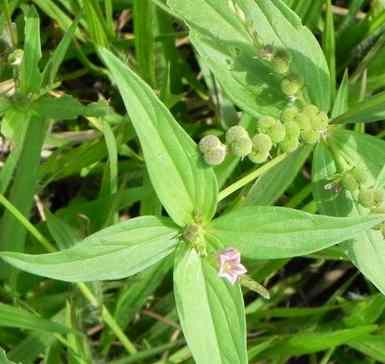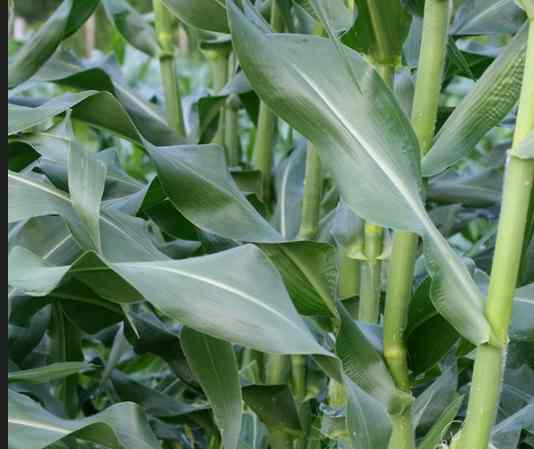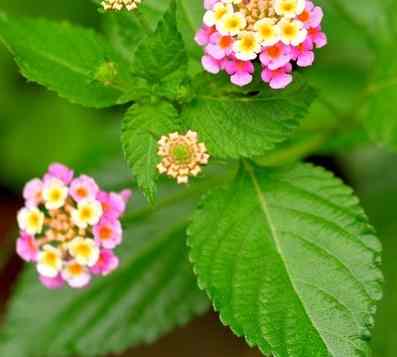
support@yorubalibrary.com
+2348073529208, 07038599574

Ewe Aran is a delicate yet powerful herb widely popular among Yoruba herbalists for its strong medicinal action. It grows quietly along farm edges, near streams, and around shaded garden paths where the soil is loose and moist. It is considered a potent medicinal leaf that requires caution, knowledge, and precision. For many years back, Ewe Aran has been part of herbal formulas used to correct certain heart irregularities, reduce sharp head pains, and calm nervous tension. Among elders, Ewe Aran is often described as a “leaf that listens to the body.” This means that it responds to imbalance only when used with understanding. A small dose brings calm and relief, but an excessive one can cause discomfort. This is why Yoruba healers often treat Ewe Aran with carefulness, describing it as “ewe to n ṣiṣẹ́ lára, tí a ò gbọ́dọ̀ fọwọ́ kọ́ láìmọ̀” meaning, “a leaf that works within the body and must not be touched carelessly.” It is rarely used alone; instead, it is combined with other herbs to get certain result.
Among elders, Ewe Aran is often described as a “leaf that listens to the body.” This means that it responds to imbalance only when used with understanding. A small dose brings calm and relief, but an excessive one can cause discomfort. This is why Yoruba healers often treat Ewe Aran with carefulness, describing it as “ewe to n ṣiṣẹ́ lára, tí a ò gbọ́dọ̀ fọwọ́ kọ́ láìmọ̀” meaning, “a leaf that works within the body and must not be touched carelessly.” It is rarely used alone; instead, it is combined with other herbs to get certain result.
Ewe Aran is a good example of the wisdom behind Yoruba traditional healing — the idea that not every herb is meant for everyone or every condition. It is not a general-purpose leaf like Ewe Ewuro or Ewe Abamoda. Rather, it is reserved for precise cases such as irregular heartbeats, head pain around the eyes, and nerve-related discomforts. When handled correctly, it delivers dependable results; when misused, it can cause trouble.
Key Facts
Category: Leaf
Botanical Name: Spigelia Anthelmia
Yoruba name: Ewe Aran
Igbo Name: Nil
Hausa Name: Nil
Characteristics
Ewe Aran is a small annual herb that grows between 20 and 40 centimeters tall. Its leaves are arranged opposite each other along a slender green stem and are smooth, thin, and slightly shiny. When crushed, the leaf gives off a faint bitter-green smell. The plant bears narrow tubular flowers, usually reddish or pinkish, clustered at the tips of the stem. It grows best in moist, shaded places — around farms, garden corners, and open forest edges. Despite its small size, it stands out to trained eyes due to its fine texture and delicate upright posture. The plant matures quickly after rainfall and dies off toward the dry season, but it re-seeds easily, ensuring its presence year after year in rural areas.
Have you heard of our Yoruba Herb Dictionary? This contains names of Yoruba Leaf, Roots, Barks, Characteristics, Properties & Identification with HD Pictures. Order below or download sample here
A-Z HERBS & LEAF DICTIONARY #4KIdentification Features
The leaves of Ewe Aran are opposite and simple, with smooth surfaces and slightly pointed tips. The flowers are tubular and rise in small clusters, often reddish or pink. The plant prefers semi-shaded areas and loamy soil. When the leaf is crushed, it releases a mild bitter scent, a typical clue used by local herbalists to confirm its identity.
Uses
1. Irregular Heartbeat (Palpitations)
Yoruba healers traditionally use Ewe Aran in very small, controlled doses to regulate the heartbeat when it becomes too fast or forceful without any sign of fever or emotional agitation. The leaf is gently boiled, and the cooled liquid is taken in sips to calm the chest and reduce tension around the heart. Because of its potency, it is always administered under guidance and not for prolonged use.
2. Sharp Headache and Pain Around the Eyes
When a person experiences sharp, shooting pain in the head that extends toward the eyes, a light infusion of Ewe Aran is used. The leaf water is used as a warm compress placed over the forehead or the affected side of the head. This helps relieve the nerve strain and pressure that cause such pain, providing comfort and relaxation.
3. Nerve-Related Pain (Neuralgia)
Some Yoruba herbalists prepare Ewe Aran for cases where the nerves are overstimulated — causing tingling, tension, or sharp stings in the body. The leaf is combined with mild sedative herbs to reduce nerve sensitivity and help the person rest more easily.
4. Mild Digestive Spasms and Stomach Pain
When the stomach twists or cramps without signs of severe infection, a weak decoction of Ewe Aran may be prescribed. The tea is taken slowly to ease spasms and calm intestinal movement. This is usually combined with softening herbs such as Ewe Rinrin to protect the stomach from excessive bitterness.
5. Local Inflammation or Skin Irritation
In topical use, crushed Ewe Aran can be applied as a poultice on small, inflamed skin spots or insect bites. The cooling nature of the leaf helps to reduce swelling and minor itching. Yoruba healers also wash the area with mild Ewe Aran infusion before applying other herbal ointments.
6. Tension and Nervous Restlessness
The plant is sometimes used in spiritual and physical cleansing mixtures to calm emotional tension. When mixed with other potent herbs, it is used to bathe individuals suffering from persistent nervous restlessness or anxiety-like symptoms. The belief is that the leaf cools the nerves and helps restore mental peace.
Want to treat common ailments such as Malaria, Cough, Measles, Typhoid, Pile etc naturally without spending much? Grab a copy of Authentic Herbal Solutions: 15 Common Ailments & Their Natural Cures. A practical eBook recommended for everyone regardless of tribe, religion or association. Order below or Download sample here
AUTHENTIC HERBAL SOLUTION #4KOne Yoruba proverb says "Bí olóde ò kú, òde rè kì í wu Gbégi". Do you know that Gbégi is actually a leaf/plant? Get Yoruba Proverbs on Plants and Herbs, which is a collection of Untold Wisdoms Hidden in Leaf and plants comprising their Life Applications & Moral Teachings. Order below or download sample here
YORUBA PROVERBS ON PLANTS #4KPrecaution
Ewe Aran is not a casual household herb. It should not be used by pregnant women, children, or individuals with existing heart or nervous system conditions. Excessive use may lead to dizziness, nausea, or weakness. The Yoruba trado-medicine practitioners emphasize moderation
Conclusion
Ewe Aran is a small but remarkable herb in Yoruba medicine, valued for its specific actions on the heart, nerves, and localized pain. It is a proof that traditional herbalism is not about abundance of use but the right use - as one Yoruba proverb says "Die l'obe oge" (Small Quanity is the soup of Famous). With proper knowledge and careful preparation, Ewe Aran offers relief from select conditions that affect both body and mind. But with misuse, it may cause harm.

Know more about the Yoruba traditional uses and he…

Check out details of Ewe Ewon Agogo (aka Ewon Adel…